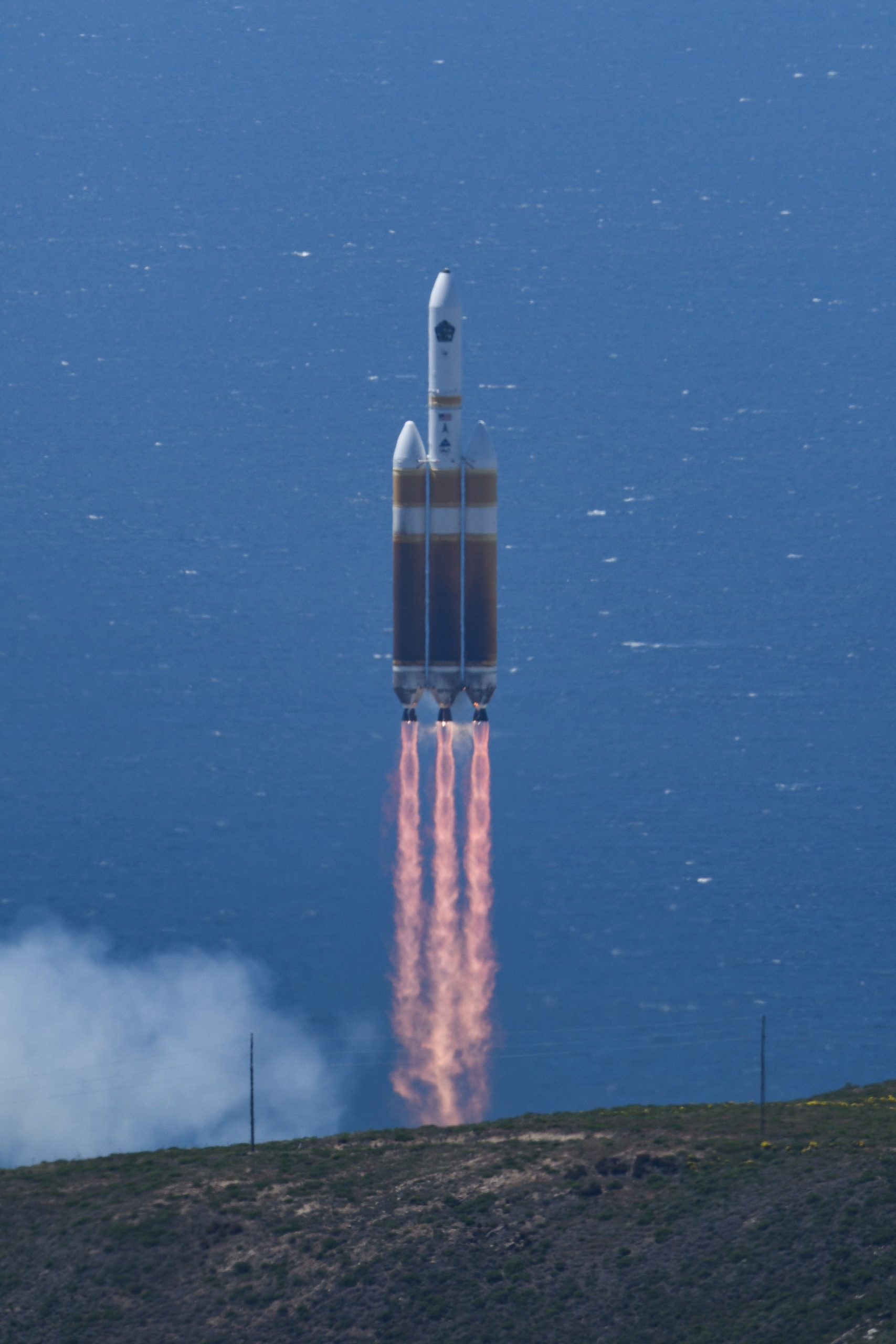U.S. Space Command supports the geographic combatant commanders by defending the space assets used by all commands that are vital to missile warnings and tracking; these include GPS and space-based sensors. Spacecom is also a geographic combatant command since its territory extends from 100 kilometers above the Earth into space.

Air Force Maj. Gen. DeAnna M. Burt, commander of the Combined Force Space Component Command at Spacecom, spoke about that capability virtually today at the Mitchell Institute’s Space Power Forum. Burt is also the deputy commander of the Space Force’s Space Operations Command.
Burt said Spacecom’s priorities are:
- Knowing the enemy by accessing good intelligence, which is called space domain awareness. “Intel is the baseline for everything that we do,” she said.
Keeping the space domain free and safe for all to transit and operate is vital to all nations. - Building the command to compete and win. “Day in and day out, we’re working in all the space capabilities that we bring to the fight to support the other domains [sea, land, air and cyberspace],” she said.
- Denying the enemy space-based capabilities, if necessary. Space-based electronic warfare is a big part of that and is being contested by Russia and China.
- Maintaining key relationships with allies and partners. For instance, if the U.S. needs space-based capabilities in the Indo-Pacific region, it might ask for assistance from Australia. Burt noted that the United Kingdom, Canada and Australia are the “big three” space partners that work alongside Americans at space operations centers.
- Working with industry partners through Spacecom’s commercial integration cell. Burt said Spacecom currently has agreements with 10 commercial partners. “They continue to work with us every day to help us to bring on more combat capability,” she said.
- Working with other government agencies, particularly NASA and the National Reconnaissance Office.

Burt said U.S. Cyber Command is also an incredibly important partner because almost every system Spacecom uses has a cyber component that must be secure, as well as reliable.
Source DoD News


